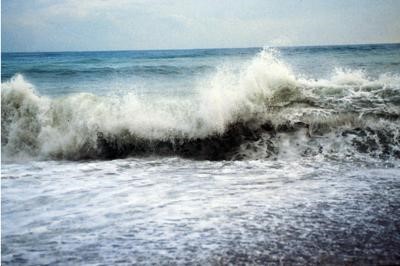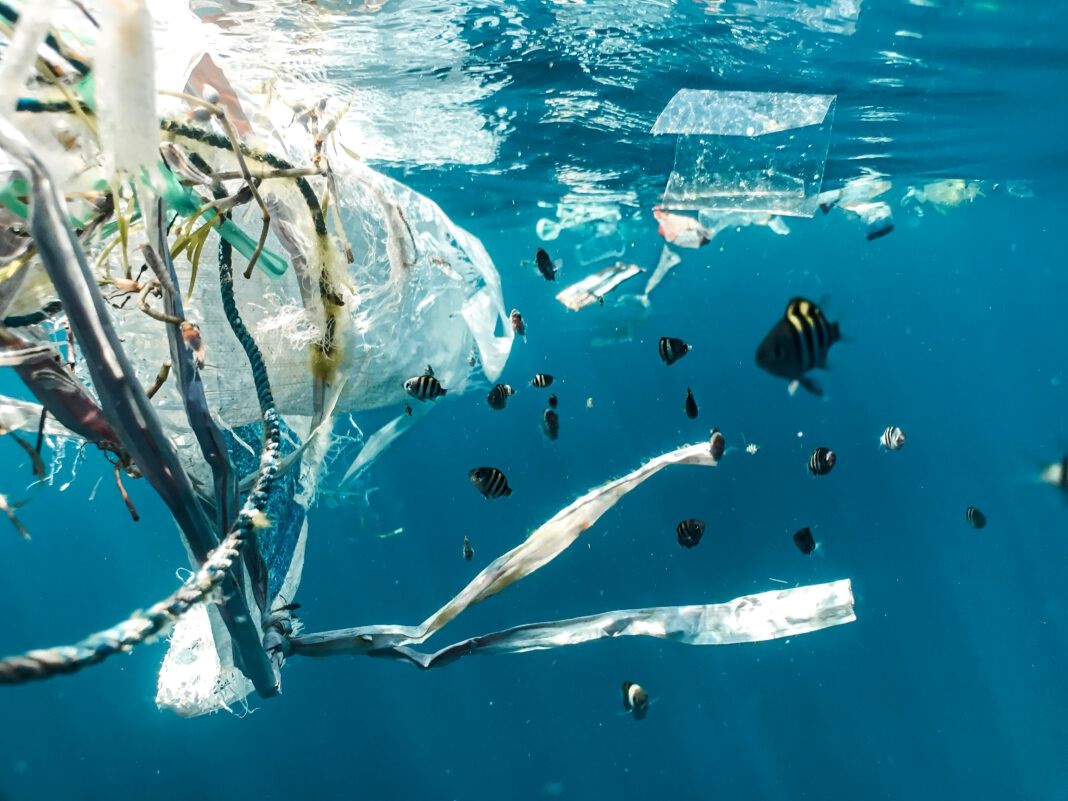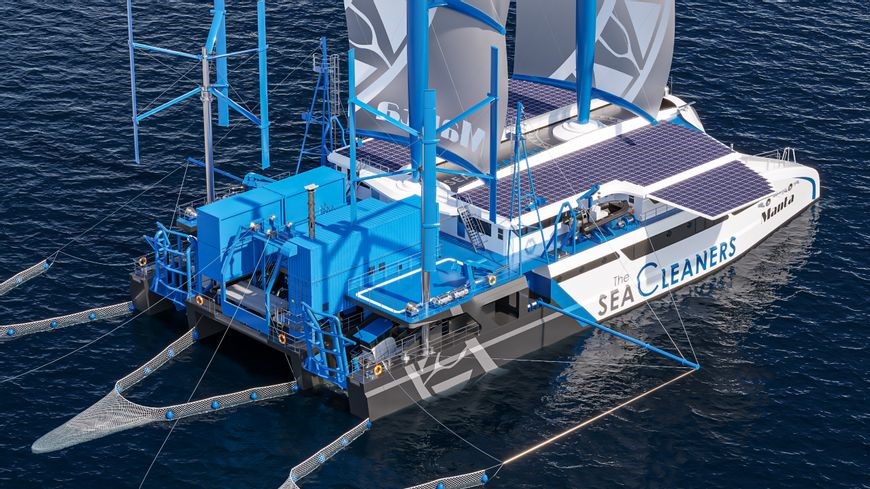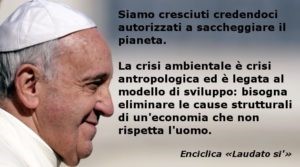
International Mediterranean Day
The world’s most exploited sea filled
with the waste of consumerism and discarded humanity
For many years, the Mare Nostrum has been sadly named for all those who have lost their lives in that sea. Women, men and children who tried to cross it, fleeing war or hunger, and were swallowed up by it. We also remember it for the repeated, unsuccessful attempts to give a European response to the migrant crisis and the defeat of the issue of human rights, of which we are losing track, not only at sea, but also in the public and political debate because today the war in Ukraine is in the foreground.
This day provides us with an opportunity to raise our awareness of its state of health and the dangers that threaten it: currently the most commercially important species in the Mediterranean Sea are exploited 10 times more than scientists recommend.
The Mare Nostrum remains one of the most threatened places on the entire planet, mainly due to the presence of thousands of pieces of rubbish that settle there every year, putting biodiversity at risk. Italy is among the first three countries to fill the Mediterranean with plastic, with 34 thousand tonnes of waste every year, along with Egypt and Turkey. The forecasts are catastrophic: the amount of plastic in the Mediterranean is set to grow by 4% every year. (source: tfnews.it).

Photo: economiacircolare.com
Plastic remains the most potent threat to all waters, not just the Mediterranean. The World Economic Forum, in data presented as part of the 2021 Global Plastic Action Partnership project, predicts that by 2050 the weight of plastic in the oceans will exceed the total weight of animals!!!! This is confirmed by Giovanni Soldini, Italy’s greatest yachtsman and one of the best in the world, a specialist in impossible crossings who has twice sailed solo around the world:
“We have seen a lot of plastic, too much, sometimes entire islands,
we have only been using it for fifty years
and it has already invaded all the oceans, how sad.”

Photo: francebleu.fr,economie-social
What to do? How to combat the plastic pollution afflicting our seas? In Italy and around the world, laudable inventions and initiatives are multiplying, but they are not enough to save the seas.
IT IS NECESSARY TO RADICALLY TRANSFORM OUR LIFESTYLES
The best ‘waste’ is that which is not produced, and therefore the circular economy must be practised right from prevention and design. The less plastic artefacts in circulation, it has to be said, the less chance there is of these becoming waste. (link www.economiacircolare.com)

The answers to the great challenges of the Mediterranean – and not only – begin with a change in production and consumption models to achieve sustainable development that protects biodiversity and promotes a circular economy. Just as Pope Francis has been advocating for years with his encyclical on the care of the common home Laudato Sì.

